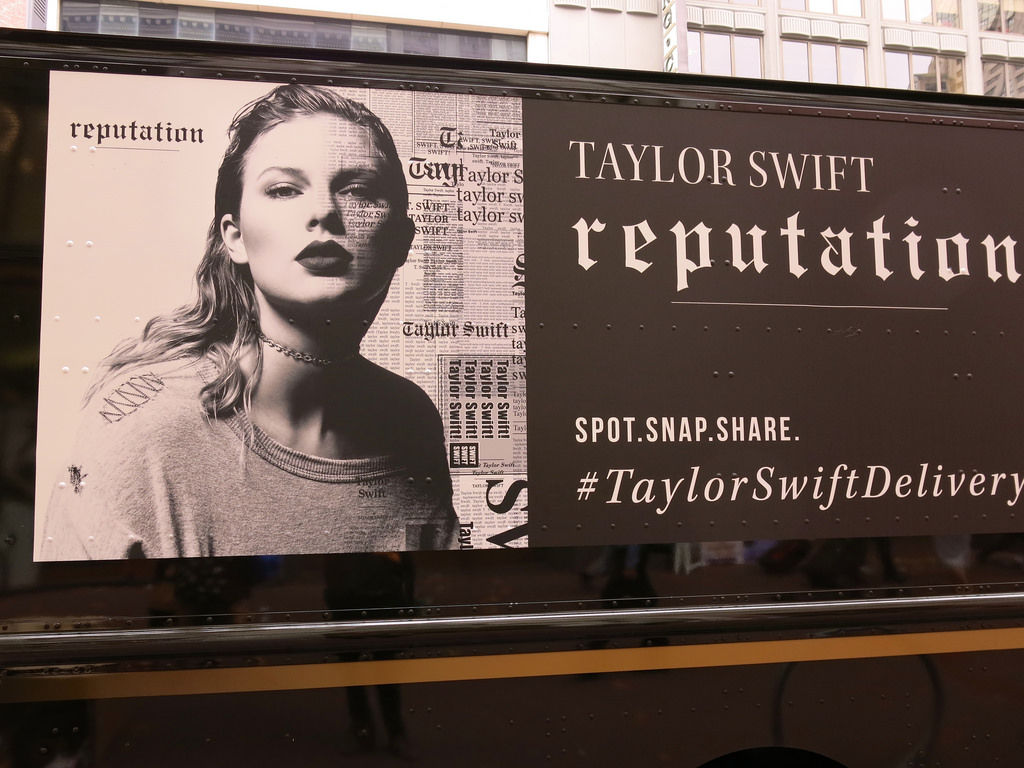Taylor Swift: Heroine for Property Rights

With 80 tour trucks, a 110-foot stage, and some giant snakes, Taylor Swift has proved that she is the queen of putting on a great show.
But the message that could easily get lost in the shuffle of light-up bracelets, Shake It Off, and confetti is one about the importance of property rights.
During her six-month world “Reputation” tour, Swift dedicates her performance of Dress to Loie Fuller, a dancer and actress who created the Serpentine Dance in the late 1800s.
The screen behind the main stage lights up with the words:
In Honor of Loie Fuller 1862-1928
pioneer in the arts, dance, and design
and who fought for artists to own their work
When Fuller combined light, choreography, and silk costumes to create the Serpentine Dance in 1891, she was almost immediately replaced by imitators in the United States. She sought recognition in Europe, where she earned a reputation for being a visionary in the arts.
Although she held many patents for stage lighting and costumes, her first attempt at a patent for her Serpentine Dance was denied. At the time, choreography was only protected under copyright if it qualified as “dramatic,” and bureaucrats deemed Fuller’s dance too abstract. The precedent set by Fuller’s case remained in place from 1892 until 1976, when federal copyright law explicitly extended protection to choreography.
June 2018 marked 10 million patents from the US Patent and Trademark Office, “a major milestone signifying our nation’s spirit of innovation,” explains Michael Rosen of the American Enterprise Institute—although he acknowledges “our system is far from perfect.”
And like Fuller, Swift has spent her career fighting to truly own her work.
She wrote an open letter to Apple CEO Tim Cook in 2015 about her disapproval of Apple’s decision not to pay artists during an initial three-month free trial of Apple Music. Her letter and its public support prompted Apple to backpedal, creating a win-win situation for herself and other artists who now have another outlet to showcase and sell their art.
More recently, she’s used the symbolism in her latest album and tour to clap back at Kanye West for his public remarks about her career. The Taylor-Kanye feud has been festering for almost a decade, but it was his misogynistic line in his 2016 single Famous that inspired her recent work.
“I feel like me and Taylor might still have sex, Why? I made that b**** famous,” he rapped.
Swift publicly responded, in Randian style, to his attempt to assassinate her character and credibility at the 2016 Grammy Awards.
“I want to say to all the young women [that] there are going to be people along the way who will try to undercut your success or take credit for your accomplishments or your fame. But if you just focus on the work, and if you don’t let those people sidetrack you, someday when you get where you’re going, you’ll realize … that the person who put you there was you.”
Swift has used her celebrity and art to stand up to bullies, whether they be corporations or colleagues in the music industry. She’s also singing her way to the bank.
By hyping up her music, Swift has sold out stadiums around the country, broken attendance records, and is projected to gross more than $400 million in revenue on this tour alone. Moreover, she’s subtly teaching a new generation to stand up for their ideas, work, and ultimately, for themselves.
You go, girl.










